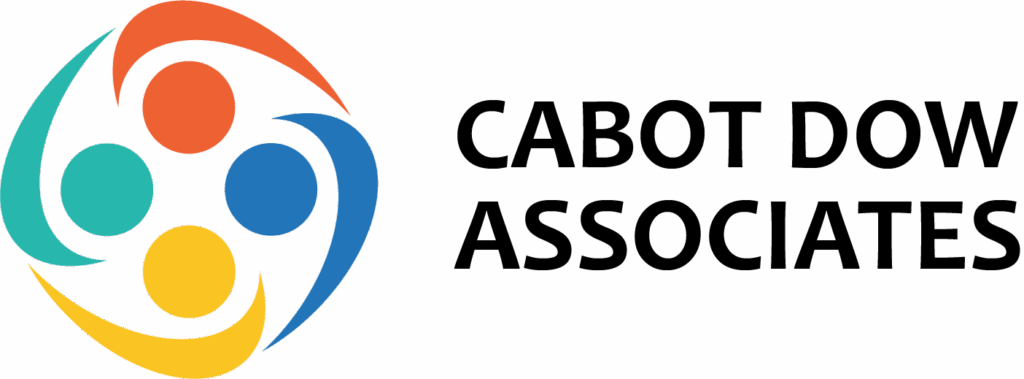Collective Bargaining Agreements
CDA assists or leads the negotiation of collective bargaining agreements for its clients. To facilitate the evolution and implementation of a custom negotiation strategy, CDA works with a client’s executive leadership team in developing bargaining philosophy and related goals, well before the bargaining process begins. CDA begins by working with clients to determine a negotiation strategy including discussions of goals of that contract, overall client goals, identification of internal equity issues, any existing or potential compression issues, and other issues of importance to CDA clients.
Chief Negotiator
DA serves as chief negotiator for clients negotiating collective bargaining agreements. CDA has been considered the go-to management negotiators for employers who seek an alternative to being represented by labor and employment lawyers at the bargaining table. CDA assists clients with every aspect of collective bargaining agreement negotiation. We help clients with ground rules, negotiation of all articles of the contract, research regarding comparables, compensation work, drafting contract language, and finalizing contract. We also assist our clients with the mediation and/or arbitration process as needed.
CDA is also available to support clients at or away from the bargaining table in a negotiation support capacity. CDA provides flexibility to support our clients at the level most beneficial to them.
Contract Language Writing
The development of contract language is a natural result of working in the labor contract profession for a number of years. As much as possible, language must be clear and understandable to the parties with the avoidance of excessively legalized phrasing. However, this must be balanced with insight and knowledge regarding the meaning that certain phrasing has been given by hearing boards and arbitrators. Collaborative drafting of contract clear and concise language at the bargaining table helps to produce results that are meaningful for the parties, easy to administer and likely to prevent problems of interpretation for the future.
Collaborative & Interest Based Bargaining
Our experience has shown that identifying issues and concerns of both the employees and management, analyzing those issues, and then working to find solutions has proven to be the most successful approach to gaining agreement. While CDA sometimes does not use “interest-based bargaining” in the pure definition of the term, the style most commonly employed is centered on trying to identify key issues and interests of the parties. This includes forcing oneself to step back from situations, focus on objective criteria for settlement and look at issues from the other side’s point-of-view. Although the collective bargaining process can be adversarial, the preservation of positive long-term relationships is a high priority. A collaborative approach in the long run helps to preserve that relationship.
Recent Clients and Projects
Public Sector HR/Labor Projects
- Fire Districts and RFAs
- Public Transit PTBAs
- Port Districts – Police Officers and Firefighters
- Public Libraries – Librarians and Facilities
- 9-1-1 Communication Centers – Telecommunicators
Private Sector HR/Labor Projects
- Oil and Gas – Maintenance and Facilities
- Public Radio – Broadcasters and Copywriters
- Third Party Administration (TPAs) – Pension and Claims
- Entertainment – Musicians and Facilities
Contact Cabot Dow Associates
Steward public resources well with the help of our data-driven compensation studies and HR consulting services.
We want to help you make data-driven compensation and Human Resources decisions that will help you balance the needs of your municipal government or publicly funded entity.
Our objective compensation studies, labor negotiation, and HR consulting make it possible!
The first step is to reach out to us for a free intro session.
We will unearth opportunities for how we can work together, discuss what a custom compensation strategy could look like for your organization, and share about how we achieved success for organizations similar to yours..
FAQ
Our services are geared to leverage changes that will create a more efficient agency for years to come. With approximately 70-80% of a general fund devoted to personnel and benefits, anytime we can have a positive impact within these areas, it tends to vastly eclipse the cost it takes to hire CDA.
Additionally, we’re flexible to work within your budget, spending threshold, and authority. We routinely structure engagements to allow agencies to avoid a formal RFP process.
At CDA, we take on projects that we know we can handle, and we’ll work with you to establish a realistic timeline. We have a manageable workload, with around 12-15 projects per year, and a team with diverse expertise, including union and non-union employees.
On average, a compensation study plus strategy and consulting on implementation will take 3-4 months. If it’s a labor negotiation project, it may take around 5 months.
We get this question all the time, and the answer depends on your objectives. A lawyer will be more focused on legal analysis and compliance, while we are more focused on giving you the tools your HR team needs to succeed in the long term.
CDA offers a more collaborative relationship where we are work alongside your HR team, oftentimes helping you analyze and structure your positions, pay structure, and more. In addition, we often form long-term relationships where we work with agencies for many years rather than simply taking on a single project.
While lawyers are skilled in legal analysis, we focus on the collaborative, HR professional side of labor negotiation and compensation studies. Our expertise in pay plan design and structure, combined with our long-term relationships with agencies, sets us apart. We’re also more cost-effective and provide continuity, having worked with many agencies for 20 years.
Two primary options are available. We can operate as your spokesperson, where we are a member of the bargaining team. We can also provide an advisory role away from the table. With virtual negotiating proceedings becoming more and more common, we can often sit on on your meetings even when you hire us in an advisory role.



